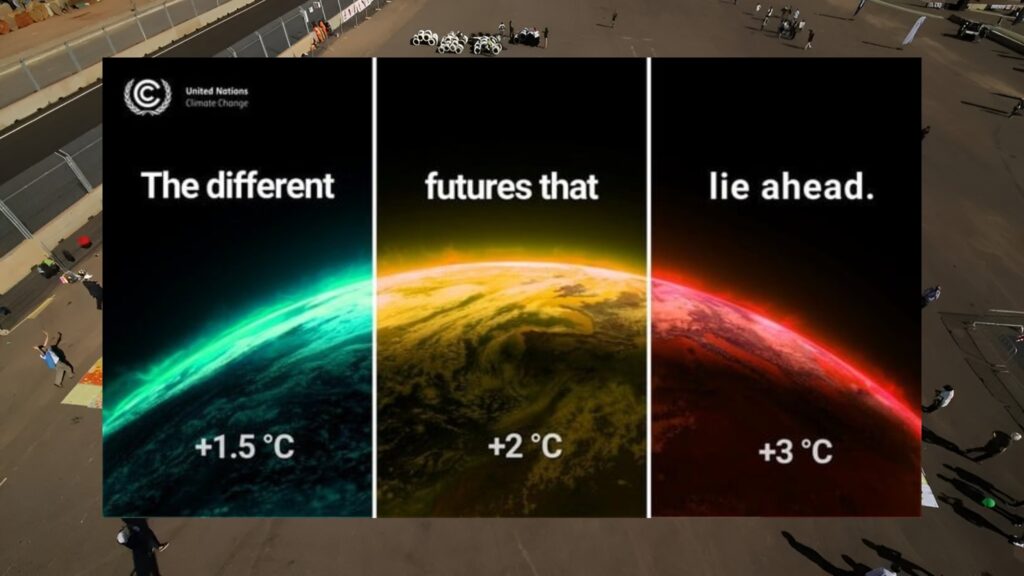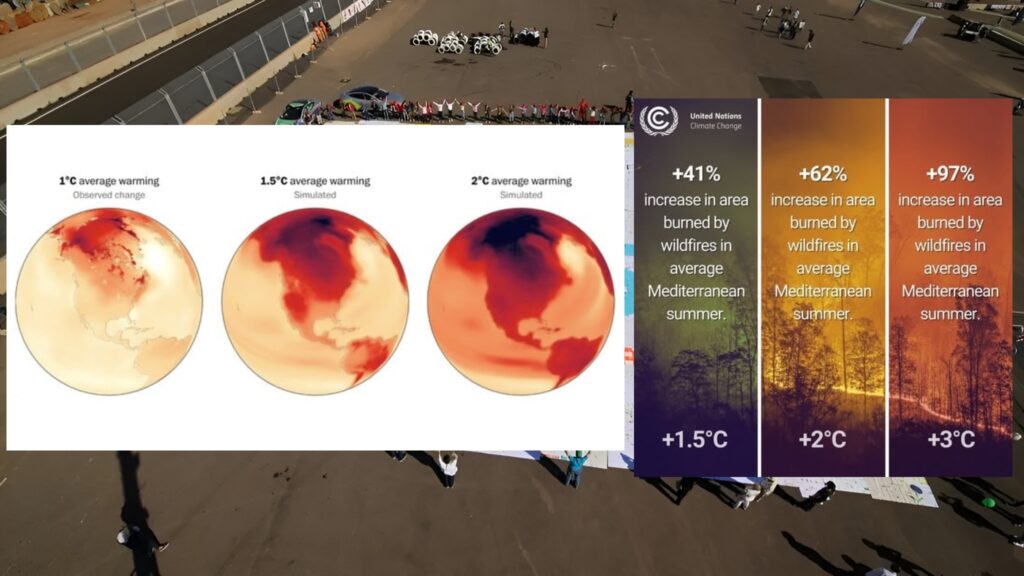The European Union’s Copernicus Climate Change Service (C3S) has officially confirmed that the threshold of 1.5 degrees of temperature rise has been exceeded. This critical threshold could trigger irreversible impacts on climate change. Data recorded in 2024 made the effects of human-induced global warming clearer. So what will happen now? Details in our news…
Why is 1.5 degrees important in global warming?
Climate experts predict that a 1.5-degree temperature increase will cause chain reactions in the climate system. From this point on:
- Arctic sea ice could melt rapidly.
- Ecosystems such as the Amazon rainforest could be irreversibly damaged.
- Thawing permafrost could release more methane gas into the atmosphere.

According to research, the above-mentioned impacts could accelerate the cycle of climate change, leading to more severe weather events and ecosystem losses across the globe. In addition, 2024 was recorded as the hottest year since 1850. In particular:

- Sea surface temperatures have reached the highest levels in history.
- The average global temperature was measured 1.6 degrees higher than pre-industrial levels.
- Extreme heat waves affected millions of people in Europe and elsewhere.
- Carbon dioxide and methane gas levels also reached record highs, according to Copernicus data. The concentration of carbon dioxide in the atmosphere reached 422 ppm in 2024.
- Carlo Buontempo, Director of Copernicus Climate Change Service, said: “If we do not take swift and decisive action against the impacts of climate change, the future of the planet could face more serious risks. But we still have a chance to take action.”
Experts also emphasized that greater efforts are needed to achieve the goals of the Paris Climate Agreement. In addition, transitioning to sustainable energy sources and reducing carbon emissions are critical to limit the global temperature rise.













